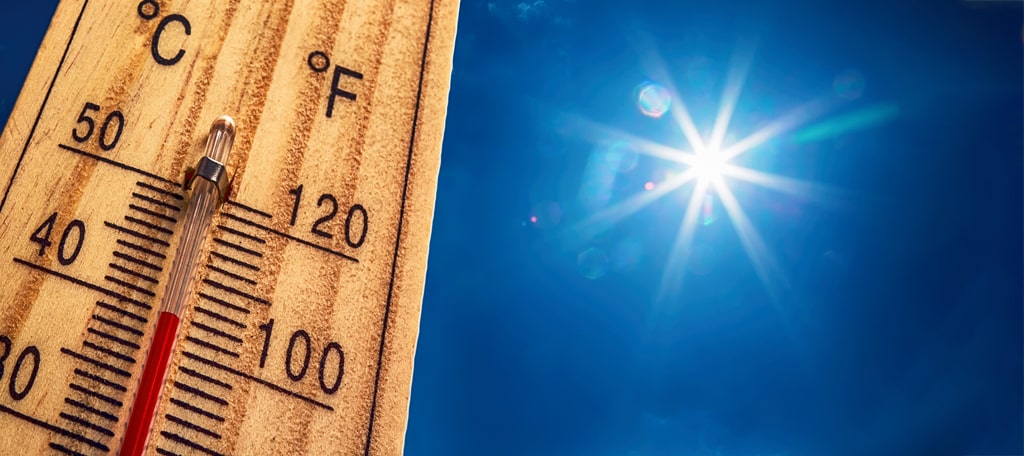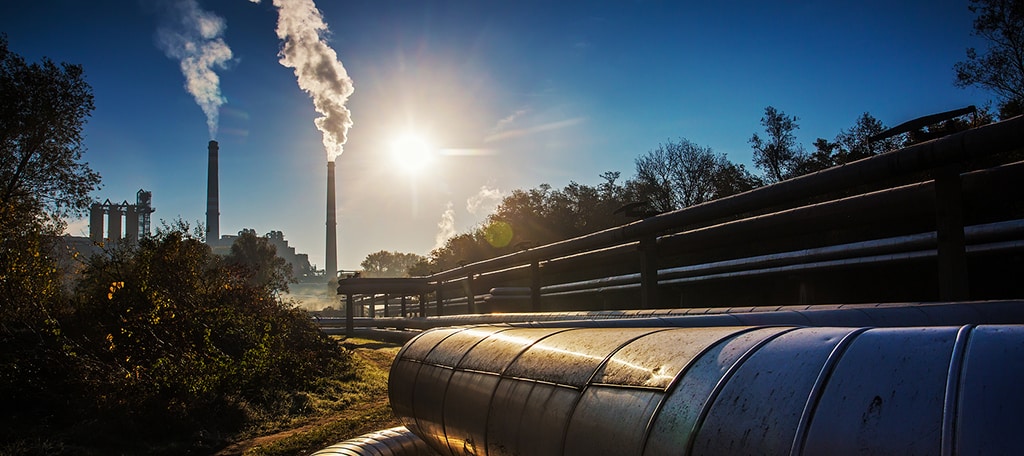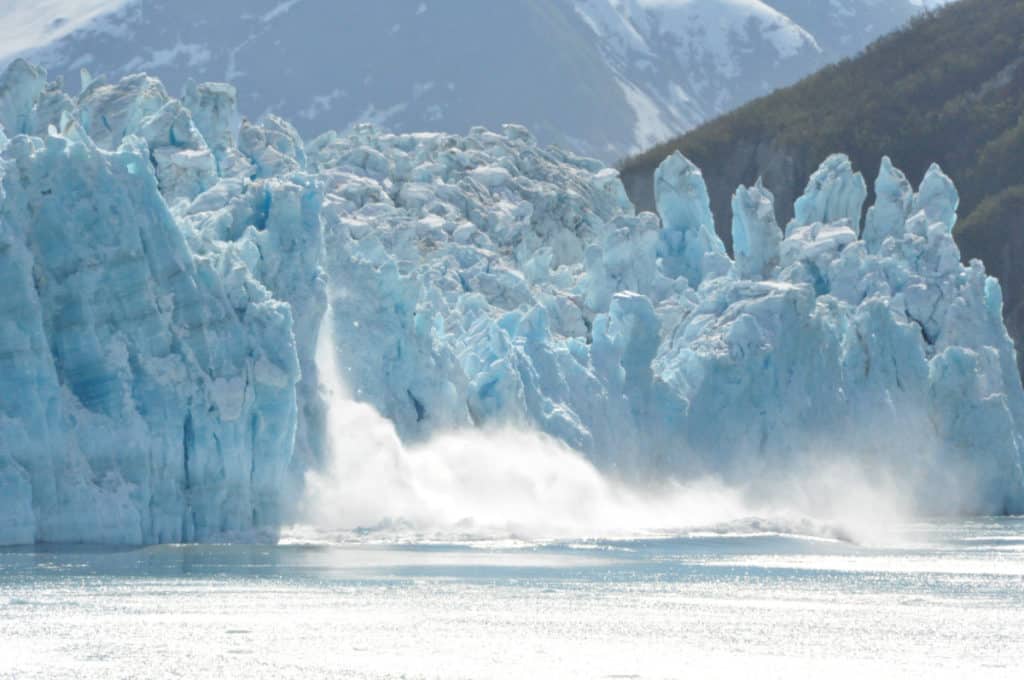 This year’s scorching summer in the United Kingdom is the direct result of climate change. In fact, according to the Met Office, these types of heatwaves are 30 times more likely and will only get worse because of global warming.
This year’s scorching summer in the United Kingdom is the direct result of climate change. In fact, according to the Met Office, these types of heatwaves are 30 times more likely and will only get worse because of global warming.
Before global warming began, the odds of a heatwave in the UK were low, really low. There was only a 0.4% chance each year of a very strong heat wave occurring, but now that chance has increased to 12% and will continue to increase as climate conditions worsen.
How Bad Was the Heatwave

For many people who live in warmer climates, the UK heatwave may seem normal, but it is not normal in the UK. In fact, it is the hottest event in the last 200 years for the country. Events like these are becoming more common around the world and they are directly tied to climate change.
Sadly, the track we are on will lead to an increase of 3 to 5C by the end of the century if nothing is done to stop or slow emissions. What’s worse is that most countries that pledge to do better are doing nothing.
Why Is It Becoming More Common
A 12% chance may not sound like a lot, but it is a big deal when you compare it with preindustrial age figures. The driving factor behind this massive change is the effects of climate change, global warming. The Earth continues to get warmer as we release more greenhouse gases into the atmosphere every day.
What’s even worst is the number of carbon emissions, the most well-known greenhouse gas, is on the rise. According to the Emission Gap Report 2018, carbon emissions have begun rising again for the first time in four years, which has led to new all-time highs for carbon emissions.
Why Do Greenhouse Gases Cause Global Warming

We know that global warming is happening because of the release of greenhouse gases, but how does it work? Greenhouse gases are gases that trap heat. When solar energy is absorbed by the Earth, the energy that is not absorbed should return to space, but greenhouse gases prevent that.
Instead, the greenhouse effect occurs. The heat that would be returned to space is instead captured or trapped by these gases. The most common and well-known greenhouse gas is carbon dioxide, but there are many others like methane.
The trapped heat will increase the overall temperature of the world and result in global warming. The more greenhouse gases that exist, the stronger the effects will be.
Are There Any Plans To Stop Global Warming
Yes, the Paris Agreement was created to help slow down and prevent climate change. The primary goal of the Paris Agreement is to limit global warming to a 1.5C increase by the end of the century. However, the Paris Agreement is not complete and does not actually go into effect until 2020.
Currently, the actual rules of the Paris Agreement are being ironed out at the Climate Conference in Poland. Many countries are expected to increase their pledges to slow down greenhouse gas emissions, but so far countries are not complying with their older pledges. This doesn’t bode well for newer stronger pledges.
Thankfully, not all countries are dodging their pledges. The European Union has recently released plans that would make the EU climate neutral by 2050. This would make the EU the first major economy in the world to become climate neutral and hopefully set an example for other nations.
Everyone Can Do Their Part
While government environmental reform will have the biggest effect in controlling greenhouse emissions, it is not the only way. Every single person can make a difference by making some minor sacrifices.
Use less energy, drive less and when you do drive, carpool. Energy production and driving are the two biggest sources of carbon dioxide. Using less energy and driving less will help a lot and everyone can do it.
Just remember, we only have one Earth and once it is uninhabitable, we lose everything.

